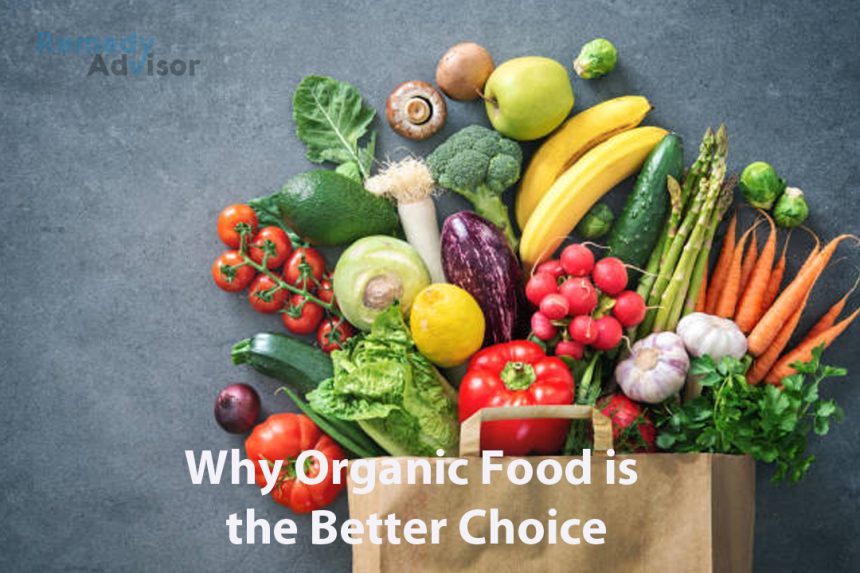The EPA has determined that a significant portion of herbicides, fungicides, and insecticides are carcinogenic, with 60% of herbicides, 90% of fungicides, and 30% of insecticides falling into this category. Furthermore, these chemicals are often harmful to the nervous system. Pesticide residues pose both immediate and long-term health risks, such as acute intoxication symptoms like vomiting, diarrhea, blurred vision, tremors, and convulsions, as well as long-term risks like cancer, Alzheimer’s, Parkinson’s, male infertility, miscarriages, and birth defects. Many of these harmful pesticides are present in the food we eat, and they are known to cause damage to the brain, nervous system, immune system, endocrine system, and other toxic effects. Even though the cancer-causing pesticide Alar was banned twenty years ago, we are still not adequately protected from harmful pesticides.
Farmers, their families, and farmworkers have a much higher incidence of cancer, including lymphoma, leukemia, brain cancer, skin cancer, stomach cancer, and prostate cancer, compared to the general public. Just based on these scary facts, all pesticides should be banned in the United States. But big companies that stand to make a lot of money from pesticides lobby hard in Washington, pay for studies to show that their products are safe, and “educate” farmers about the benefits of pesticides, making them think that they are needed to feed the population.
In reality, this is far from true. In an article called “Organic Can Feed the World,” which was published in September 2010 in the Sound Consumer paper by our local co-op (PCC), author Maria Rodale says that biotech and chemical companies have spent billions of dollars trying to convince us that synthetic fertilizers, pesticides, and genetically modified organisms (GMOs) are needed to feed a growing population. But scientific evidence shows that this is not true. Organic agriculture is not only the key to solving global hunger, but it also promotes public health, revitalizes farming communities, and restores the environment.
The Rodale Institute conducted a study called the Farm System Trial (FST) in 1981, which reveals that organic farming can produce comparable yields to conventional farming once the soil has been restored from depletion caused by mismanagement. Additionally, organic farming is shown to produce higher yields during times of drought and floods due to stronger root systems and better moisture retention. The FST data also shows that organic farming uses 30% less energy to grow corn and soybeans than conventional farming. The study found that organic farming is capable of storing a significant amount of carbon, and if global agriculture were to shift to organic farming, it could significantly reduce CO2 pollution. These findings are corroborated by the International Assessment of Agricultural Knowledge, Science, and Technology for Development, a $12 million study.
You can be sure that the food you buy from certified organic farmers or local farmers who don’t use synthetic fertilizers, sewage sludge, GMOs, or ionizing radiation is fresh. Buying from a local source ensures that the produce is fresh, which means that you will receive more biophotons. Many local farmers will deliver to your door a box of organic food once a week for a reasonable price. Each week’s box has different vegetables, and trying new things is a great way to get the most nutrition out of your food by eating a variety of foods.







